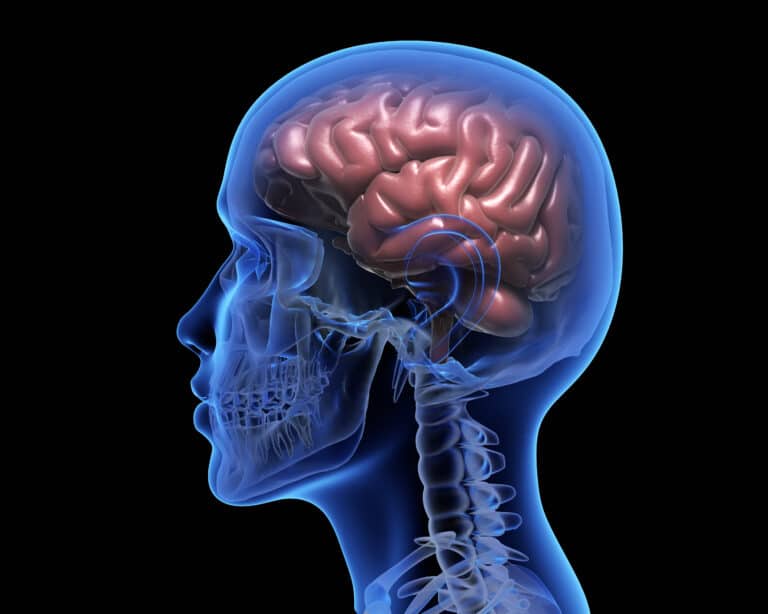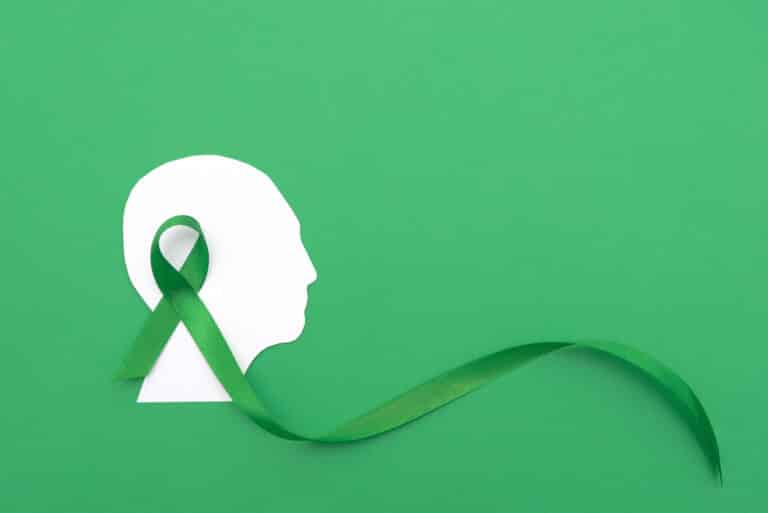Drug abuse is a serious issue. In the United States alone, over 15 million people are facing some sort of addiction to drugs.
One of the most addictive drugs is amphetamine. With many people suffering from drug abuse nationwide, it’s not surprising to see that some people try to recover from their addiction.
Yet, recovering comes with its own drawbacks. One of those is the severe amphetamine withdrawal symptoms one faces while abstaining from taking the drug.
In this article, we’ll discuss the impacts of the drug amphetamine, the withdrawal process, and how to get help.
Some Background On Amphetamine
Amphetamine is a psychoactive drug that, when consumed, produces a myriad of effects on both the central and autonomic nervous systems. They’re known as sympathomimetic drugs because they mirror the effects and behavior of the sympathetic nervous system.
The sympathetic nervous system is your body’s fight-or-flight response system. It’s what is in control when your heart starts racing, and your hands start sweating whenever you see a speeding car approaching you on the highway.
Amphetamine does this by stimulating the release of certain chemicals within your brain. Interestingly, amphetamine affects the body’s release of both norepinephrine and dopamine, compared to other drugs like cocaine that affect dopamine.
Why Are Amphetamines Used?
One common thought pattern is that amphetamine is similar to methamphetamine in that it’s nothing more than an addictive drug. However, that couldn’t be farther from the truth.
Amphetamines are present in several legally prescribed drugs to treat common disorders and ailments. The amphetamine drug list includes
- Adderall and Dexedrine (both used to relieve ADHD),
- Vyvanse
- Desoxyn
- Zenzedi
- Ritalin
- Concerta
- Focalin
But what are some of the effects of amphetamines? As mentioned earlier, amphetamines increase the amount of dopamine that your body produces. Because of this, users of amphetamines will find side effects correlated with high amounts of dopamine:
- Pleasure
- Reduced hunger
- Enhanced focus
- Hyperstimulation
- Increased energy
What Are The Chances of Getting Addicted?
Regular users of amphetamines, such as those who have a prescription from their doctors, are at a high risk of developing tolerance. When your body develops a tolerance to certain drugs, it needs more and more of that drug to feel the same effects.
Thus, higher doses are taken over time, and a dependency is formed. What’s more, is that this tolerance doesn’t take a long time to start cultivating. In fact, a tolerance can build up in just about 5-7 days.
But there is hope for people who use prescription amphetamines. With a prescription, you’re working with a licensed doctor who can review your dosage and help you cut back if you feel tolerance and/or dependency building up.
However, prescription users aren’t the only ones who consume amphetamines.
Students, workers, athletes, performers, and those interested in trying out the drug are also curious about amphetamine effects. Interestingly, the most common way of getting the drug without a prescription is through friends and family.
In a 2018 study about monthly drug abuse, 5.1 million people were reported to have used prescription stimulants (such as amphetamine) within the past year.
Because of the drug’s high rate of forming a dependency on its users, it’s common to see people try to withdraw from the drug. However, doing so poses its own risks.
Amphetamine Withdrawal Symptoms
Taking a step towards breaking amphetamine abuse is a noble and highly admired one. Drug addiction is something that’ll put a person’s life on their knees, continuously dragging them down the depths of hell with no escape in sight.
But know this: there is light at the end of the tunnel. Unfortunately, it’s hard to get there alone. Without the help of a professional team, people trying to quit amphetamine will face severe withdrawal symptoms.
Unsurprisingly, these symptoms impose the direct opposite effects of what the drug causes. Amphetamine increases focus and energy, decreases hunger, and incites euphoria in the user. The most common symptoms of withdrawal are increased hunger, low motivation, sleeping problems, and irritability.
Some other side effects of withdrawal might include:
- Loss of pleasure or excitement in life
- Body Pains
- Muscle aches
- Fatigue
- Severely decreased cognitive and social functioning.
And, of course, cravings for the drug.
Because of how severe these symptoms get, those seeking abstinence from amphetamine may quickly go back to their addictive habits.
Guilt soon follows after sobriety is broken, which causes a vicious cycle to start. This cycle includes doing anything to get the drug, forming a dependency and tolerance on it, abstaining from it, withdrawing, and going back on the drug.
How Long Does Withdrawal Last?
The onset of withdrawal usually begins within the first 36 hours of not taking amphetamine. During this time, symptoms such as increased appetite, decreased mood, and desire to sleep are much more common. This is similar to the ‘crash’ people feel after taking other stimulants, such as caffeine.
Some routine amphetamine users believe they can tough it out for just a few days and fill their lives with distractions while the withdrawal wears off.
This might be true for people who experimented with the drug. Withdrawal can last for just a few days, but ultimately, it depends on how often the drug is taken.
For severe addiction cases, withdrawal can last for weeks. The severity of the symptoms is also determined by how often the drug was used and in what dosage. In some cases, withdrawal lasts even longer.
This is called post-acute withdrawal symptoms (PAWS) and happens when withdrawal lasts longer than two weeks. Sometimes, PAWS can even last up to a year.
Treating Amphetamine Withdrawal
The best way to seek help for addiction is to search for holistic amphetamine rehab. In rehab, you’ll receive direct treatment from licensed therapists and doctors to treat addiction.
When you visit a holistic rehab center, you’ll get more than just working with professionals. You’ll get access to detoxing, access to mentally refreshing activities, guidance, and a community full of people ready to heal.
At Southern California Sunrise Recovery Center, we strive to provide you with all of that and more. Our rehab program is completely individualized for your needs and has a foundation for traditional and new addiction recovery techniques.
You can choose to be a part of group therapy or opt for individual therapy as well. In our program, you’ll have the opportunity to retreat away from the mundane and experience life in a whole new way.
Southern California Sunrise Is Here to Help
Amphetamine abuse is something serious that can occur in anyone who tries out the drug. It has an extremely high chance of building up tolerance in a person’s body.
If you or a loved one has become dependent on the drug and experiencing amphetamine withdrawal symptoms, then it’s time to look for rehab. Southern California Sunrise Recovery Center welcomes you or yours in our facility with open arms. It’s your time to recover. Visit our contact page now to learn more about our admissions process.






